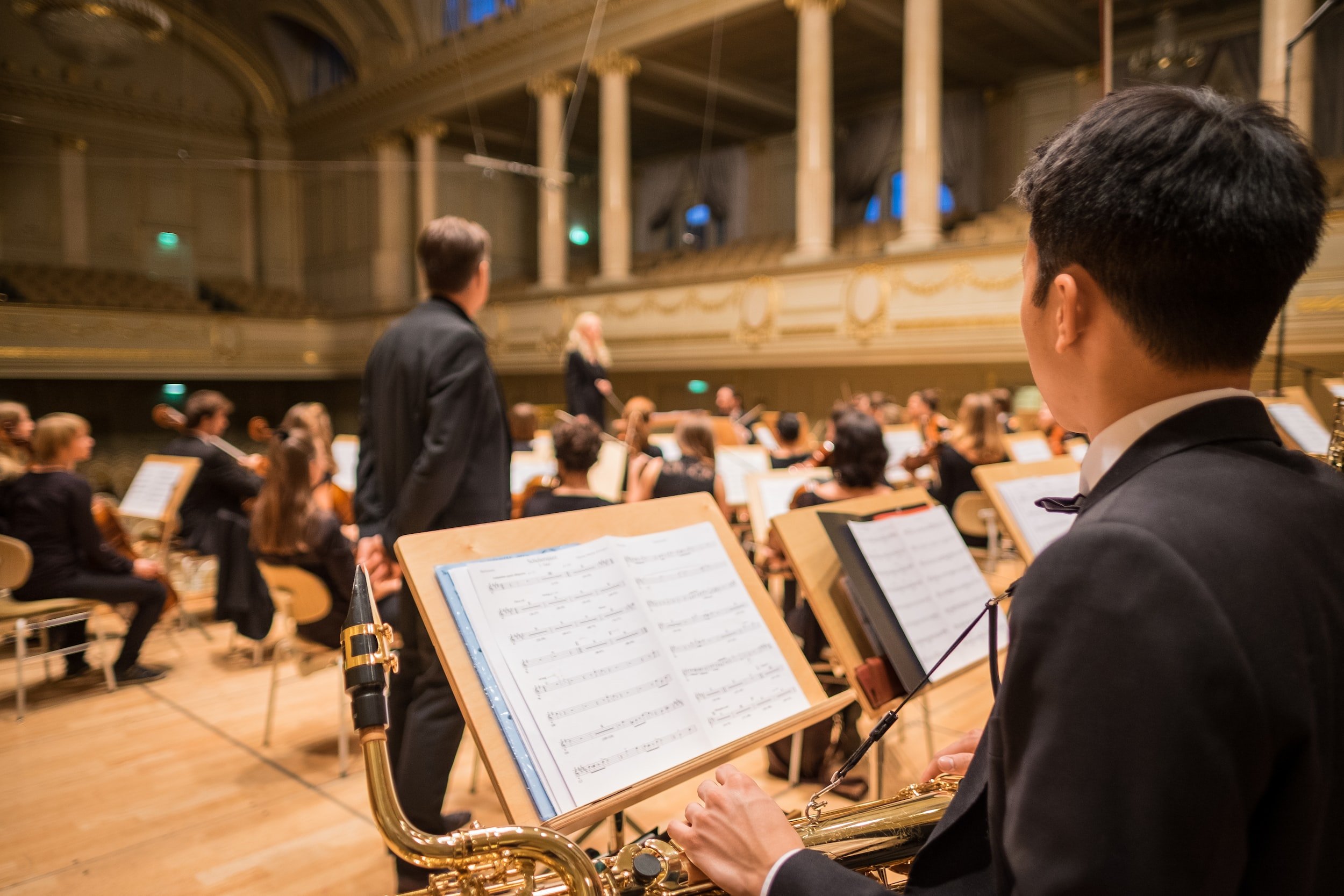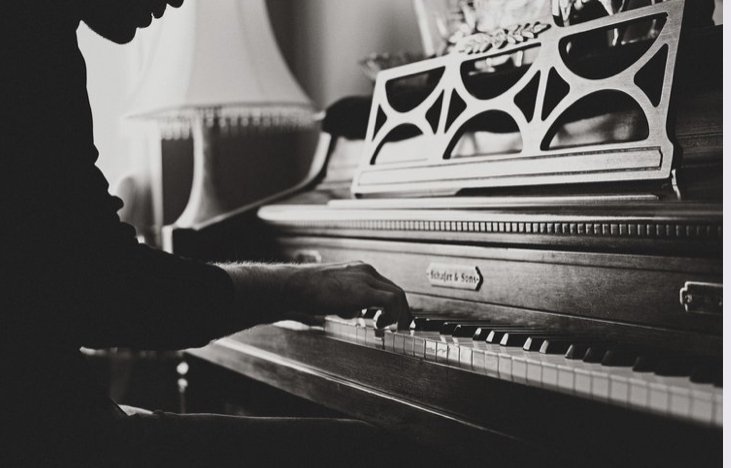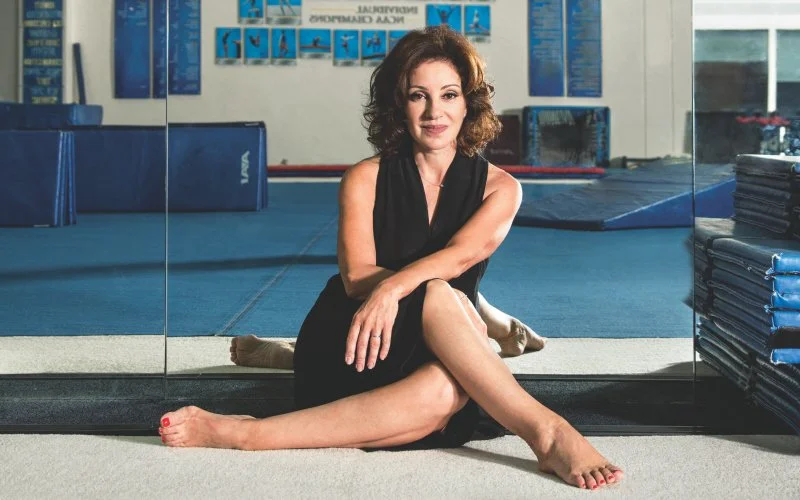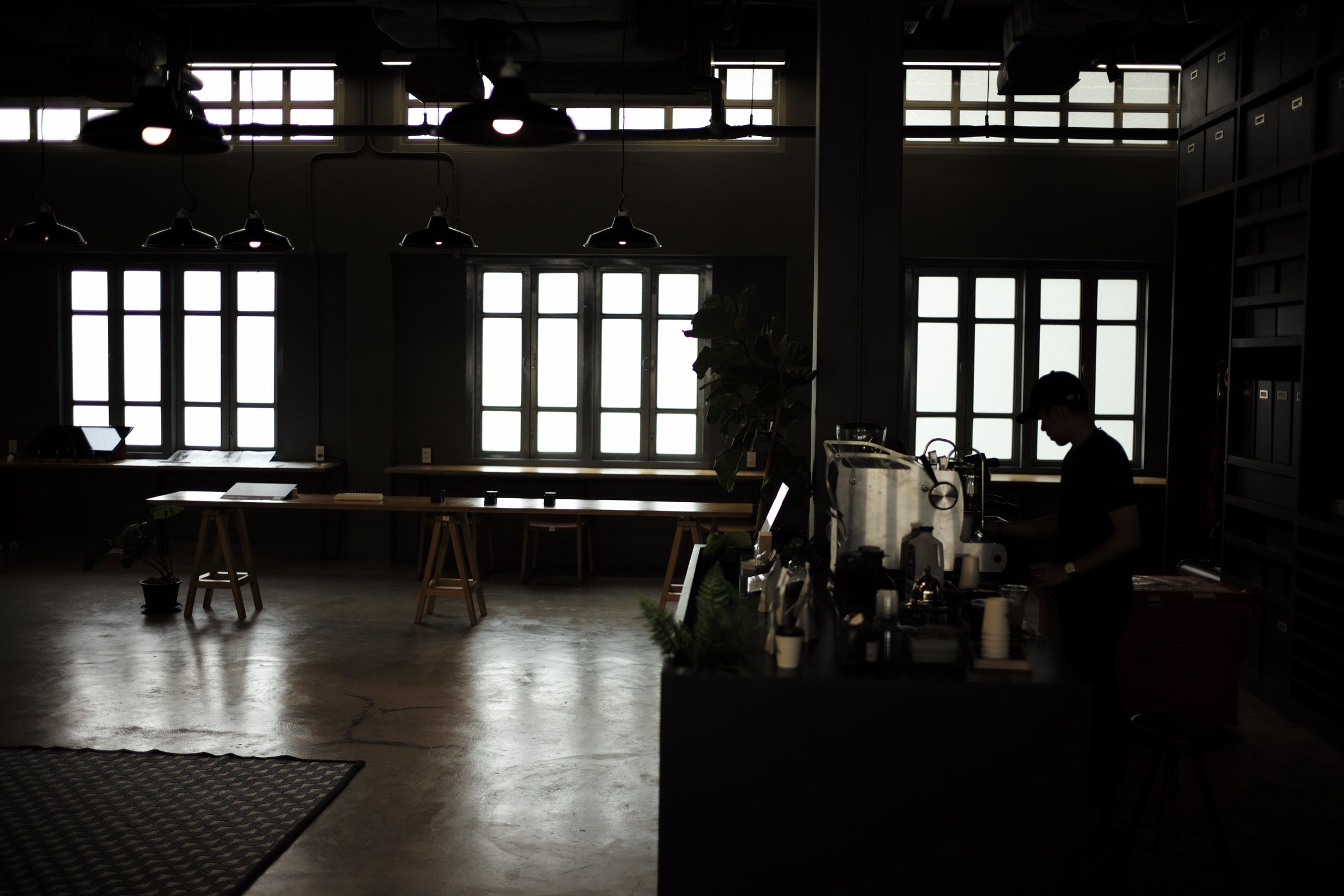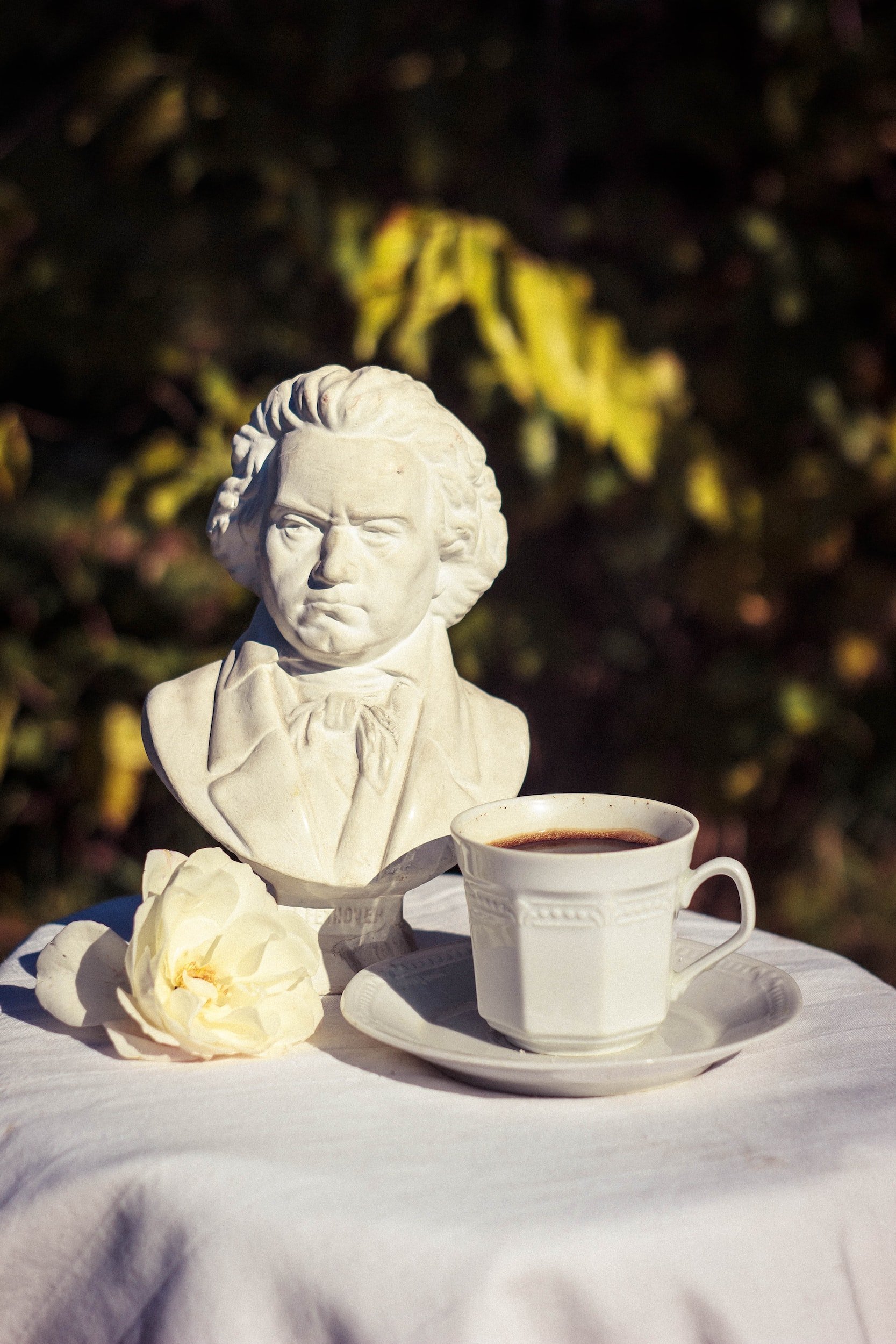BLOG
In association with the Royal Society of Musicians
Welcome to the TMDTA blog!
In addition to the podcast, we wanted to provide a space of written stories, reflections and peer support. Do get in touch via the contact page if you’d like to write a blog piece for us!
Seeking Safety: Navigating Generalized Anxiety as a Musician
Flute player Francesca Leo shares her journey with anxiety, leading to a recent diagnosis of generalised anxiety disorder
Not enough has changed since Diana told the world about her self-harm in 1995
Of course I am watching the Crown. I am also seven months in recovery myself from self-harm. The two are, of course, related to Princess Diana’s ongoing struggle with self-harm and her admission of it in the infamous 1995 BBC Panorama interview with Martin Bashir.
Gaelynn Lea : UK Disability History Month
Discovering the music and work of violinist and activist Gaelynn Lea for UK Disability History Month
Dame Evelyn Glennie: UK Disability History Month
The first in a series of mini introductory blogs on notable disabled and/or chronically ill musicians for UK Disability History Month
What is the meaning of a ‘musician’ in 2022?
Sofia Kolupov questions the archaic practices of the classical music industry as we look to define what being a musician actually is…
Why are most female classical music icons thin?
Criticising women for what they wear and how they look is not something I want to add to. This isn’t a question about whether it should be ok to dress how you like… it’s a question about why so many of those in the classical music media are both thin and white.
Making big mistakes
I want to be more open to other viewpoints, ways of working and speeds of achievement. I don’t know everything and need others to help me see a broader perspective of the industry.
The Hare and the Tortoise: pacing practice with a chronic illness
In this marathon, my cello has become my trusty pacemaker and I am so grateful to have it along for the journey.
An Interview with Valorie Kondos-Field
Often when I speak to an audience, I like to leave them with the invitation to ‘choreograph’ their life, one intentional and courageous choice at a time.
The regal ego massage?
Few performing arts have a connection with royalty as intense as the one portrayed by classical music. The forced-mourning has revealed in microcosm the difficulties of speaking out about injustice, as those without connection, photos and emotion are forced to stay silent.
Why this summer has sucked for musicians and creatives
The job that was meant to be for 2020 only to cover the gap but somehow has still been a necessity. This means I and many others are still questioning whether we are ‘true musicians’ and what the future holds for our profession.
Being a musician and language
Using negative language about or towards yourself in any capacity - especially regarding your skills as a musician - can be damaging. This is because, at the same time as being really complicated, the human brain is very simple; if you tell it something often enough, it will start to believe it.
10 places of sanctuary in London
London wasn’t built for people like me, but I am starting to build my own London, often through the unknown places, making the most of quiet times of day. Here’s a small collection of those places I have found give me some peace within this wild city, presented as a quiet morning alone!
My OCD - a fear of going crazy through sound obsessions
The more I obsessed, the more convinced I became that I was losing my mind. I stopped eating, sleeping, smiling or laughing anymore. I felt so ashamed, telling myself over and over that I was sure it would be easier if I actually was mad. I couldn’t believe the agony I was in could be ‘just anxiety’ or ‘just OCD’ because the power my mind and fears had over me was terrifying.
Healing intergenerational trauma of musicians with mental illness
History is often viewed through a romantic lens and I think it is this same viewpoint from which we see past composers with mental illness. But for me, to understand what it is to suffer mental illness and recover is a privilege allowed by the miracles of science and reduction in stigma. This is a reality that composers and performers didn’t experience until very recently.
Anything is better than criticism without thought
Musicians owe those who come to see them the best they can give at that time – their thought, their care, their artistry. And we ask only for thoughtfulness in return. Anything is better than criticism without thought.
A carefully mapped out path to nothing
People would ask me what kind of musician I wanted to be five years ago and it would always be the same confused answer. ‘Most musicians have to do a bit of everything’. I never liked this. It felt like a lot of practice to end up doing very little of what I was being trained for.



